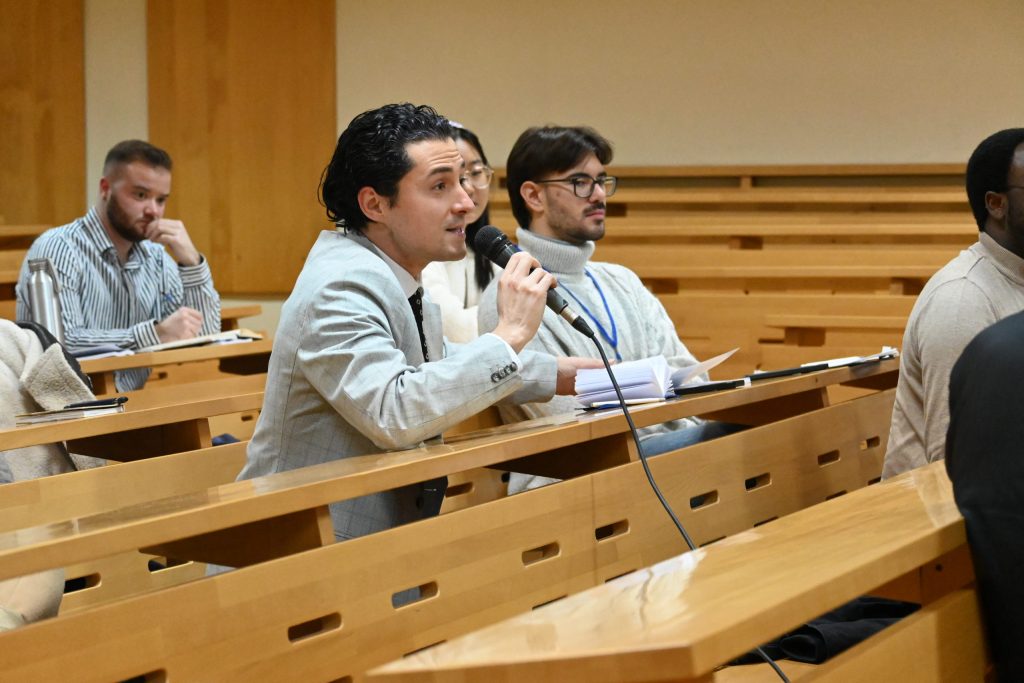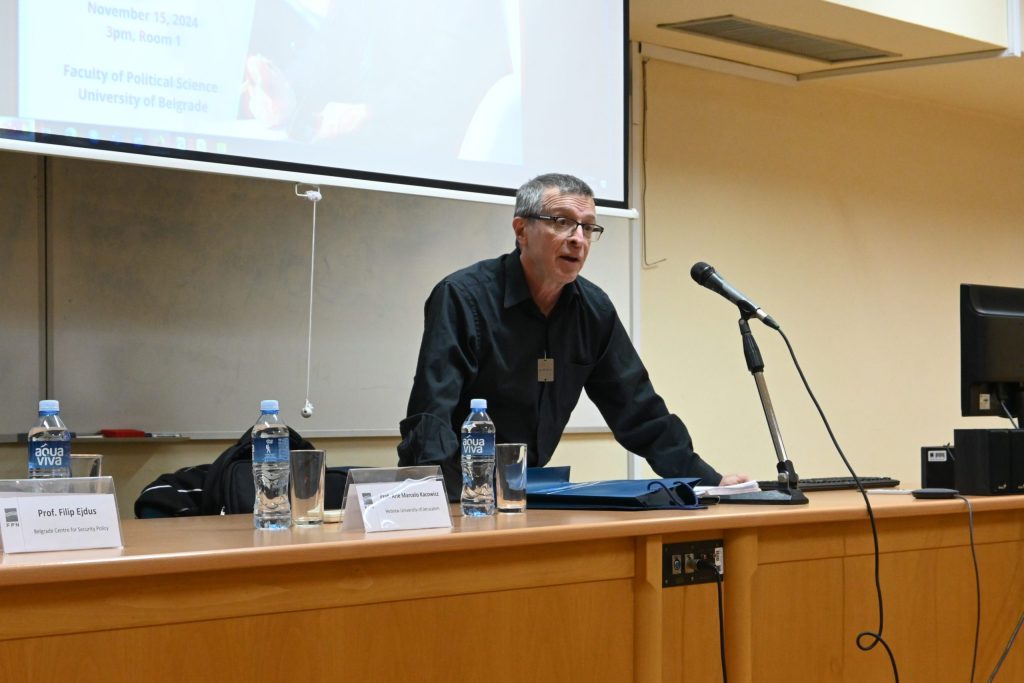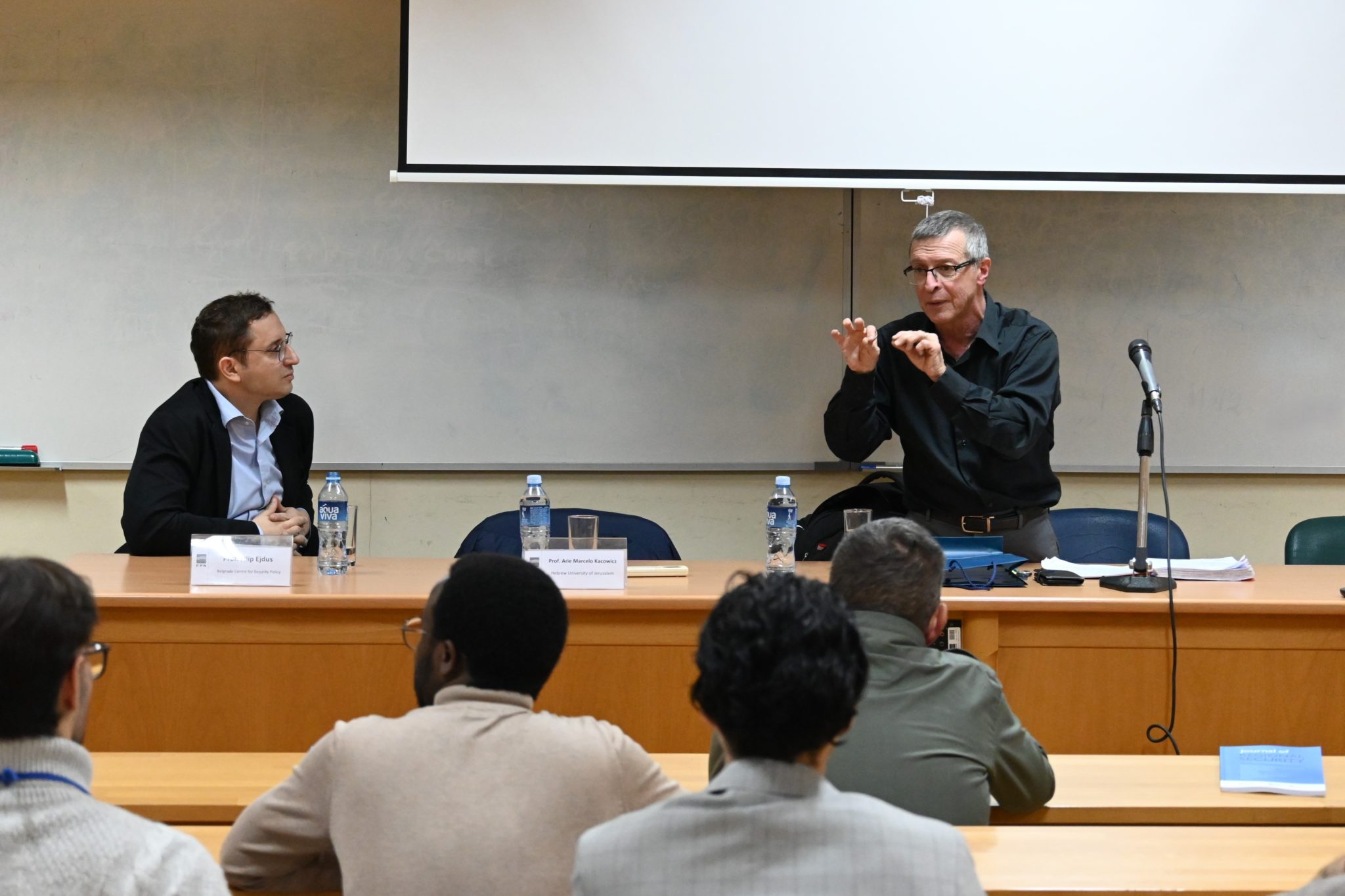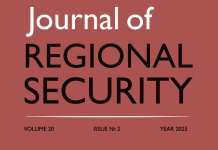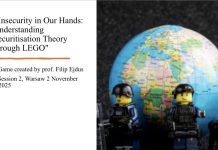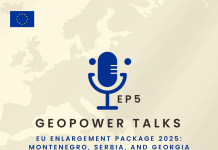This post was written by Marija Boričić, CIS-FPN intern
On 15 November 2024, University of Belgrade — Faculty of Political Science, in cooperation with The Centre for International Security, had an opportunity to host Professor Arie Kacowicz from the Hebrew University of Jerusalem and organize guest lecture for students and members of public on the topic “Peace after War? Possible Scenarios for the Aftermath of the Multi-Front War in the Middle East.”
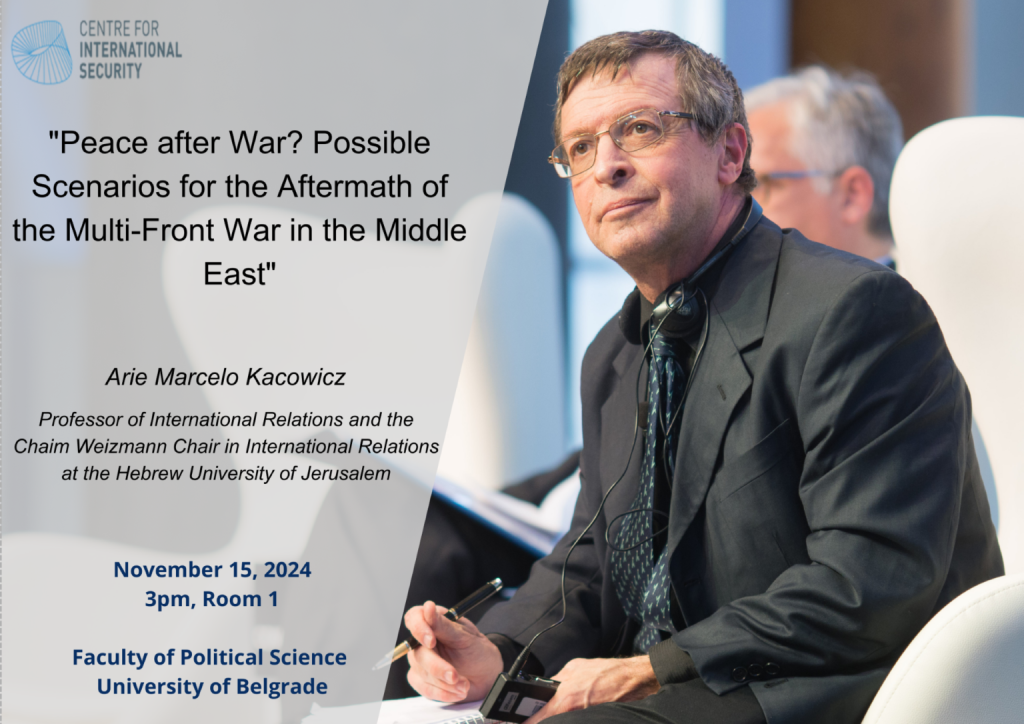
In his lecture, Professor Arie Kacowicz reflected on the possible post-war outcomes in the Middle East, emphasizing that the situation is not monolithic and that the conflict between Israel and Palestine is not a clash between two states or nations, but rather between two indigenous peoples. He highlighted Israel’s difficult position, as it is engaged in conflicts on multiple fronts and with various actors. Furthermore, he pointed out that the issue surrounding the Gaza region creates an insoluble trilemma for the state of Israel, which cannot comprehensively address the questions of territorial unity, democracy, and being a Hebrew state.
“The most intriguing solution that could be adopted after the cessation of hostilities is the establishment of a confederation. This is not a new idea, as it has been proposed as one of the options during previous conflicts between Israel and Arab states. The solution of forming a unified federation would cause mutual dissatisfaction, primarily because of the core objectives of the existence of the respective states of both sides, and secondly due to the dysfunctionality of a political organization that must equally represent both sides,” professor Kacowicz concluded.
According to professor Kacowicz, the tension between justice and peace will always exist, and the only way to resolve this dispute is to reach a compromise that inherently contains the idea of reciprocity. He added that those in power play the greatest role in shaping public opinion and often influence how certain societal issues are discussed.
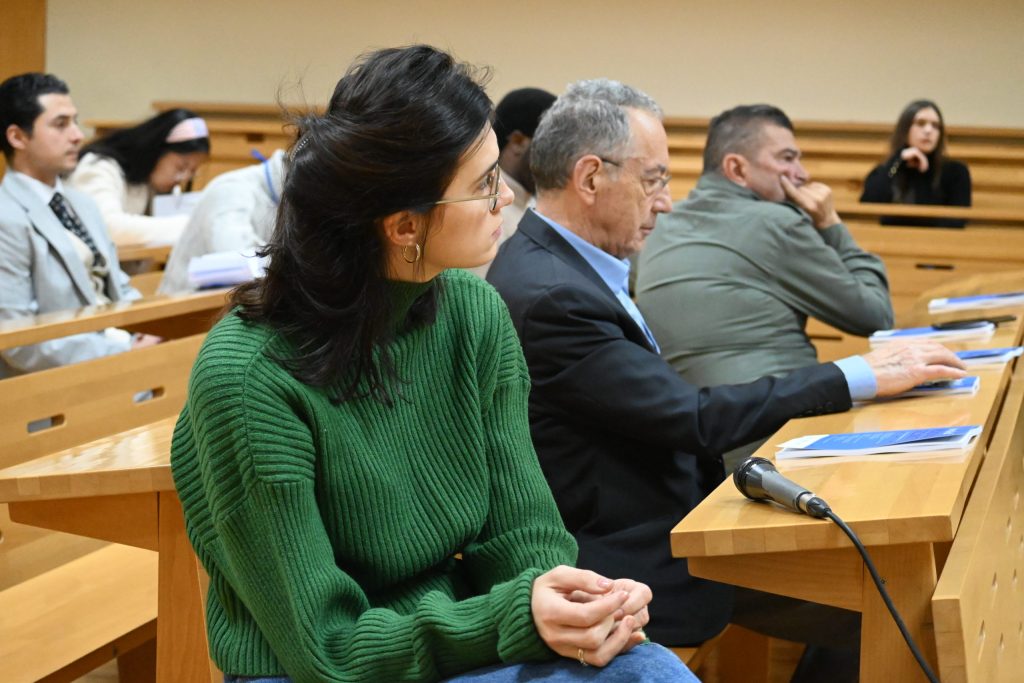
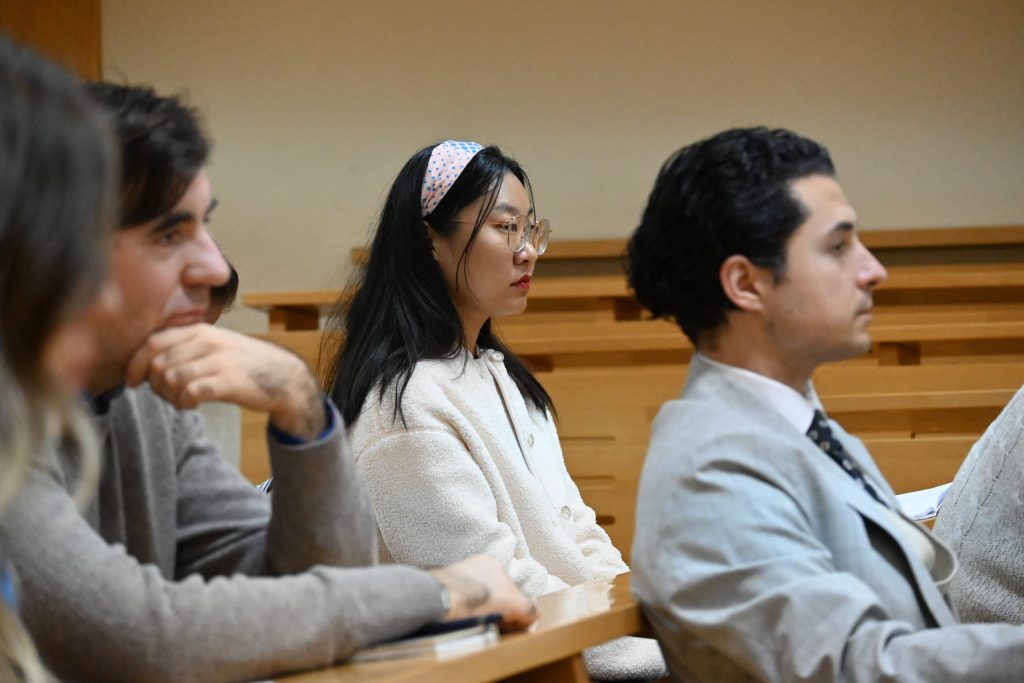
The lecture was followed by a Q&A session where the audience engaged in discussions with the professor about various aspects of war and peace in the Middle East.
